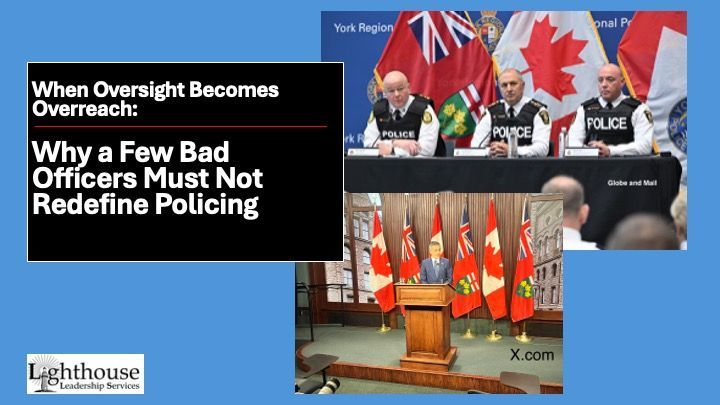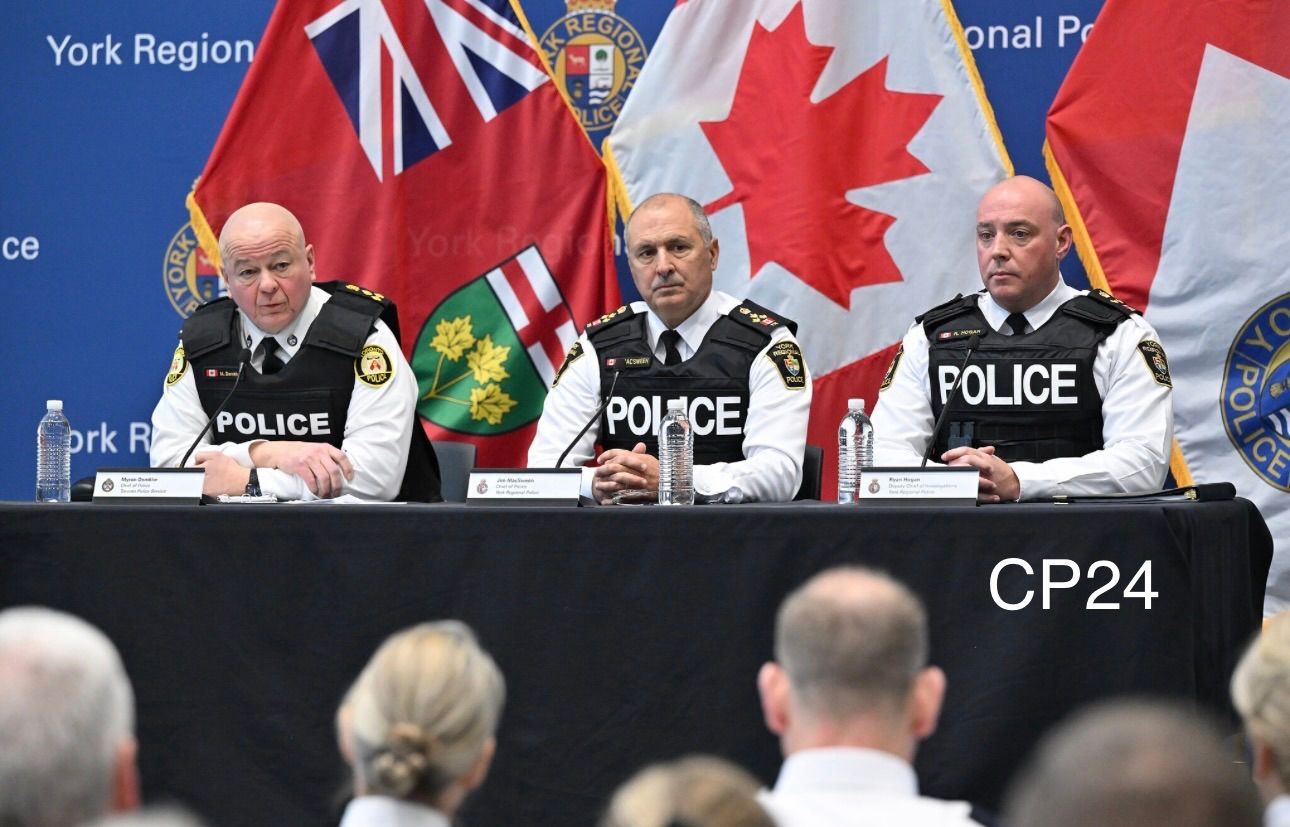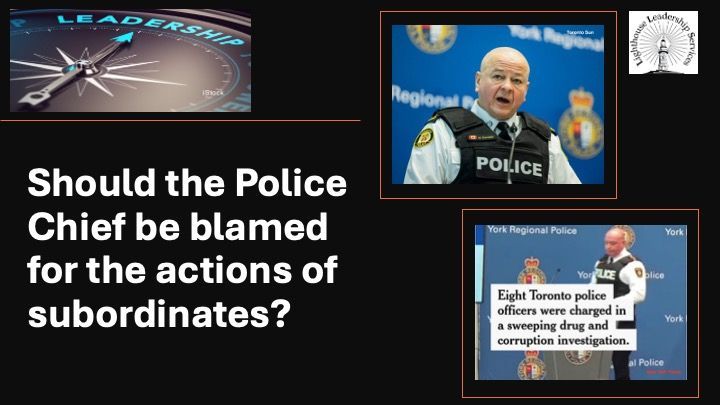New Paragraph
Reposted from July 2017 - WHAT HAS CHANGED?
I, like millions of others across North America, watched the unfolding events of the 2016 U.S. Presidential Election with bated breath and loss of sleep. Why? I’m not an American. I wasn’t voting. Actually I wasn’t particularly impressed with the credibility of either of the nominees. But I am a newsy; have lived in a number of U.S./Canada border cities; have travelled the U.S. extensively for work and pleasure; and have many American friends that would be impacted by the selection of the 45th President of the United States of America. In fact the reality was and is that the vast majority of the 7.5 million inhabitants of this planet have the potential of being impacted by the decision of the American people when electing a President.
Since November 9th, I’ve keenly followed the activities of President Elect and then President Trump – and his team, with awe. Mostly out of morbid curiosity of what jaw-dropping “Breaking News” story they may create next. It is often like watching a twisted social experiment that is akin to many reality TV shows, but that is just a coincidence I’m sure.
I wanted President Trump to succeed and I still do. I pray that the U.S. prospers over the four years of his tenure. I liked “some” of his ideas around injecting more proven business strategies into Washington, as well as his professed support of the military, Homeland Security and law enforcement. I knew that he was a flamboyant showman and salesman but truly hoped that he would also be a “leader”. However, I’m sad to report that in my view his “leader” ship has sailed.
Consider this: Through their words and actions, true leaders inspire all of those around them to do and be their very best. They communicate effectively, respectfully and listen to the suggestions and feedback of others. They make decisions based on what is best for the people, as opposed to what will advance their personal agendas or feed their egos. When things go bad, they take the blame and don’t throw others under the bus.
When things go well, they pass on the credit – letting the light shine on those they have the honour to lead. They set a positive example of honesty and integrity at all times, and in doing so, they build the trust of those they lead and serve.
Is this what we are seeing from Donald Trump? No. Far from it I’m afraid.
Almost everything that publicly comes out of his mouth is either an exaggeration or a complete untruth. He takes credit for things that he didn’t make happen or never happened at all. He is incapable of admitting a mistake – fueling mistrust when he defends himself through his outright denials or during a series of changing renditions. While doing so, he destroys the credibility of his team and his V.P., as they stick to the occasional true version or often a contrived script while he blurts out contrary remarks.
True leaders work with staff to develop consistent but “true” messaging, then speak the truth within established legal parameters. It’s a lot easier, less confusing and much safer.
His communication style is far from authentic or demonstrative of strong leadership. Very few sentences don’t contain his irritating catchphrases, “tremendous”, “incredible”, “amazing”, “lots of people are saying” and “believe me”. Continually bragging about his alleged successes being much greater than those of predecessor Presidents does little to bolster his credibility amongst the majority of Americans and international observers. That includes consistent reveling about his Electoral College win over opponent Hillary Clinton to deflect from the emerging White House fiasco of the day.
He responds impulsively on social media to anything or anyone he feels may be critical of him, continually digging an ever-deeper hole for himself with a 140-character shovel. He constantly spews out inaccurate and divisive rhetoric – on national, international and partisan fronts. He may be inspiring his die-hard base with his brashness in the process, but concurrently pushes international allies further away. Is that what is truly best for the U.S., its relationships, security, economy or citizenry? Is that “leadership”?
Hourly, he tries to convince the public that any media reports that are critical of him or members of his staff are "fake media". This from a man who often during the election campaign and several times since, has made completely nonsensical claims himself, including implicating the father of one of his GOP nomination competitors in the murder of President John F. Kennedy in 1963!
Is it effective leadership to jaundice members of the public against certain media outlets when the public should be able to rely on reports from those very same sources in emergency situations? The same would apply to his referring to the several committee and Justice Department inquiries into various allegations against election team members as nothing more than a “witch hunt.” How does that boost public confidence in these investigations? He’s obviously trying to preemptively discredit results that may point finger at him or his associates. A confident leader would reassure the public by stating: “I fully support the processes and look forward to the results”, then quietly allow them all to run their course.
Donald Trump makes decisions that affect government and the country based on his temper and or personal bias. Great leaders simply don’t do that, even on a micro scale. He fired Acting Attorney General Sally Yates on January 30th because she didn’t support his so-called travel ban. Yates, on the other hand, made her decision despite knowing it would be unpopular with the President, due toher sworn duty to uphold the U.S. Constitution. Who emerges as the true leader in that scenario? Coincidentally, her January 30th firing was 4 days after Yates alerted White House Counsel that President Trump’s chosen National Security Advisor was in fact a national security liability. Trump then waited almost 2 weeks to fire Flynn.
True leaders don’t publicly bad-mouth employees. President Trump told Russian visitors to the White House that recently fired FBI Director James Comey is “crazy, a real nut job”. Trump wasn’t a factory foreman talking to a close confidant over a beverage. He is the President of the United States for heaven’s sake and was talking to geopolitical foes about the leader of one of the world’s most respected law enforcement agencies. Trump fired Director Comey after being rebuffed on his request for Comey’s “loyalty” and his subsequent comments to the media showed a complete lack of leadership. Referring to a dedicated career public servant as a “grandstander” and a “showboat” during a nationally televised interview is the antithesis of leadership and professionalism. Former Director James Comey has more leadership ability, integrity and class in his pinky-finger than Donald Trump has in his entire body.
Trump continually laments over the leaks of communications within the White House. Not that such illegal disclosures are ever acceptable, but has he ever considered why that is now happening with such alarming regularity? Has that sort of activity occurred during any past presidency? Perhaps it did to a lesser degree during the Nixon administration – which coincidentally was also a leadership debacle, but at no other time since. It’s an obvious example of my belief that “when leadership is bad – employee morale goes bad, trust and respect dissolve and bad things happen.”
A “boss” – not a leader, is routinely described as a master, a controller and a manipulator. Think about that. Does the current President of the United States routinely display the qualities of a leader or of a boss? In answering that question, some of his supporters will harken back to a recent White House decision they liked or the fact they were impressed with a public statement the President once made. Yes, he will embolden his base with the occasional win while delivering a speech somebody else wrote for him and is a total pivot from his campaign rhetoric, but that doesn't make him a leader. A number of dictators through history were viewed as oratory successes when addressing sympathetic audiences.
The 6th President of the United States, John Quincy Adams once said, “If your actions inspire others to dream more, learn more, do more and become more, you are a leader.”
The 45th President on the other hand, has a lot to learn. Hugely.




